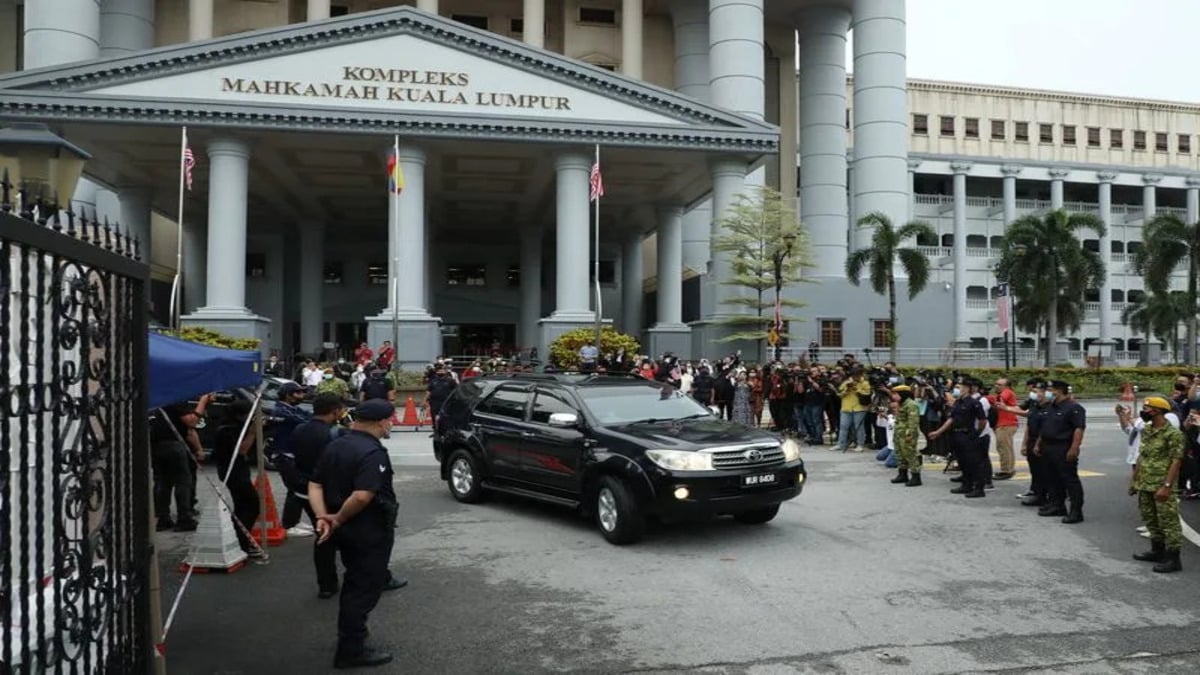Malaysia is poised to reach a decision this month regarding the application for a royal pardon by the jailed former Prime Minister, Najib Razak. Currently serving a 12-year sentence for corruption linked to the state fund 1Malaysia Development Berhad (1MDB), Najib’s plea for clemency will be considered by the Pardons Board, which advises the country’s king and includes key officials such as the attorney-general.
The former premier’s conviction is connected to the alleged misappropriation of funds from 1MDB, with U.S. and Malaysian investigators estimating a staggering $4.5 billion embezzled, over $1 billion of which purportedly found its way into accounts linked to Najib.
Despite his incarceration, Najib steadfastly maintains his innocence, asserting that the charges against him are politically motivated. The impending decision by the Pardons Board holds the potential to shape the future trajectory of Najib’s legal battles and political standing.
Government spokesperson Fahmi Fadzil, who also serves as the communications minister, refrained from offering direct comments on the report, emphasizing that any decision on Najib’s application ultimately rests with the king and the Pardons Board. Attempts to independently verify the report were unsuccessful, highlighting the sensitivity and confidentiality surrounding such proceedings.
The Pardons Board, consisting of influential figures like the attorney-general and government officials, holds a crucial role in advising the king, who possesses discretionary powers, including the ability to pardon convicted individuals. Notably, in 2018, then-King Sultan Muhammad V granted a pardon to the current Prime Minister, Anwar Ibrahim, who was imprisoned on charges of sodomy and corruption, which he contended were politically motivated.
Najib’s legal troubles began in 2020 when he was first convicted, culminating in his imprisonment in August 2022 after the country’s top court rejected his final appeal. This marked a historic moment as Najib became the first Malaysian premier to be incarcerated. Besides his ongoing sentence, he faces additional trials on corruption charges.
If Najib’s bid for a royal pardon is successful, it could potentially lead to a reduction in his prison term. Additionally, it may raise questions about the commitment to anti-corruption efforts, particularly concerning Prime Minister Anwar Ibrahim. The outcome of this decision holds broader implications for Malaysia’s political landscape, influencing public perception and the ongoing discourse surrounding accountability and justice.

